The term “assessment center” is a term of art in the field of Industrial-Organizational Psychology. Basically, an assessment center is a process whereby a person is evaluated on critical competencies necessary for their job using job-related simulations and exercises. The Guidelines and Ethical Considerations for Assessment Center Operations published by the International Task Force on Assessment Center Guidelines defines the term:
An assessment center consists of a standardized evaluation of behavior based on multiple inputs. Several trained observers and techniques are used. Judgments about behavior are made, in major part, from specifically developed assessment simulations. These judgments are pooled in a meeting among the assessors or by a statistical integration process.
Employees use complex skills to perform their jobs. They have to be able to communicate effectively, to manage conflict, to work in groups, to serve customers, and to think critically and ethically. In addition, employees must be able to lead, delegate, and coach. These complex skills are not adequately tested using a paper and pencil, multiple choice test. Although standardized tests are often easy and inexpensive to use, assessment centers are more widely accepted as a means of evaluating employee and manager performance because the evaluations are based on actual performance of job-related core competencies.
The most common exercises used in an assessment center include the in basket exercise, case analysis, leaderless group discussion, and role plays. The in basket exercise requires the individual to deal with numerous tasks that a person in the job would deal with. The case analysis requires the individual to read through a job related problem and prepare a written report for his or her superiors. The leaderless group discussion requires a group of five to seven individuals to work on a problem together. Lastly, role plays require the individual to actually interact with people that the job would require him or her to interact with.
The Guidelines and Ethical Considerations for Assessment Center Operations dictate the essential elements that must be present in order for a process to qualify as an assessment center. These essential elements are:
- Job analysis. A job analysis must be conducted to determine the core competencies important to job success. These core competencies will guide the development of the assessment center exercises and assessment instruments.
- Behavioral classification. Behaviors must be classified into meaningful and relevant categories of competencies.
- Assessment techniques. The assessment center techniques must be designed to evaluate the core competencies identified in the job analysis. A link must be established between the behaviors, the core competencies, and the assessment technique.
- Multiple assessments. Multiple assessments of the core competencies must be used.
- Simulations. Assessment techniques must include job-related simulations that allow raters the opportunity to observe the participant’s behavior as it relates to each core competency being assessed. To qualify as a behavioral simulation, the simulation must require the participant to overtly display behavior.
- Multiple assessors. Multiple assessors must be used.
- Assessor training. Assessors must be thoroughly trained and must demonstrate the ability to properly rate participant behavior.
- Recording behavior. Assessors must use a systematic procedure to record specific behavioral observations.
- Reports. Assessors must prepare a report of their observations for each exercise they evaluate.
- Data integration. The integration of behaviors must be based on pooling of information from the assessors or through a statistical integration process.


